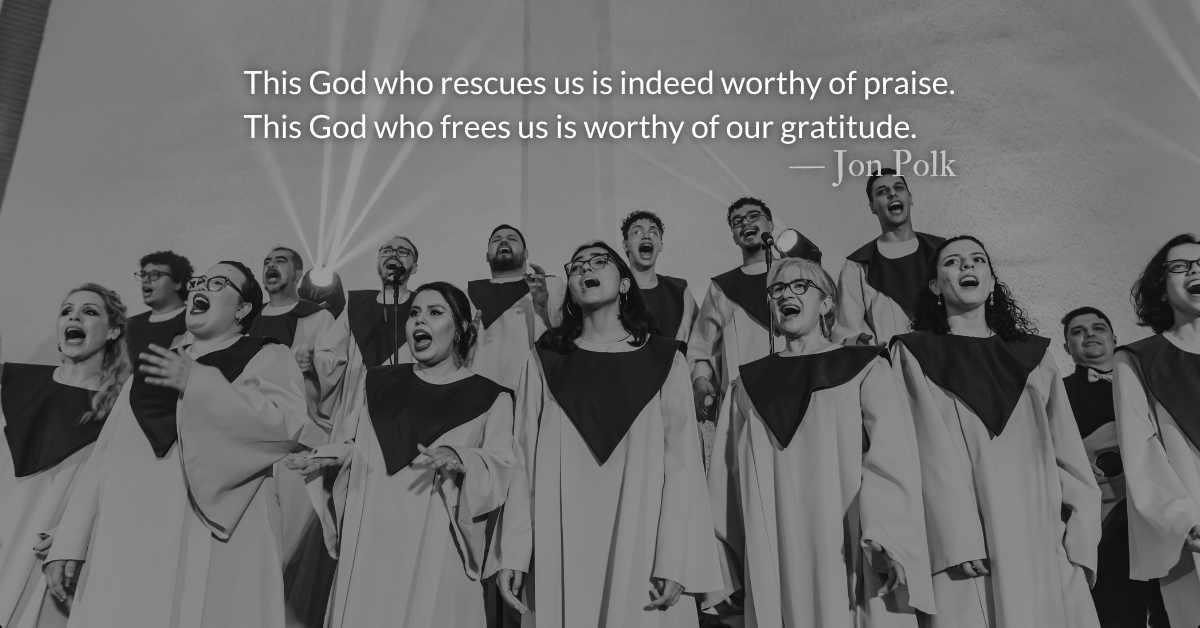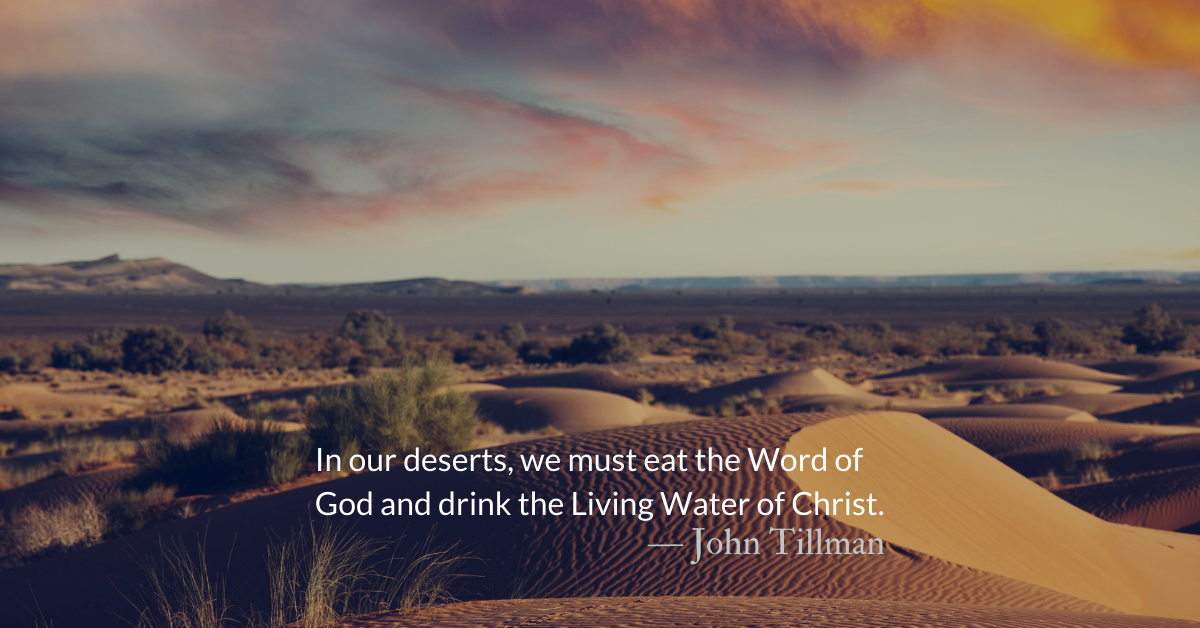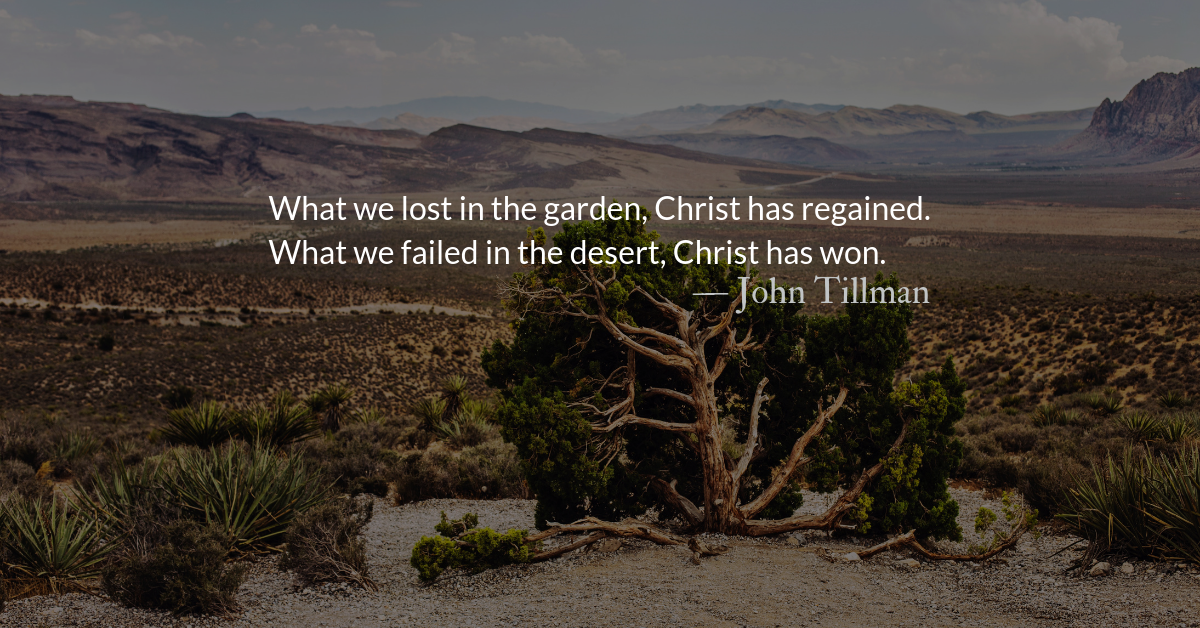Scripture Focus: Psalm 91
1 Whoever dwells in the shelter of the Most High
will rest in the shadow of the Almighty.
2 I will say of the Lord, “He is my refuge and my fortress,
my God, in whom I trust.”
3 Surely he will save you
from the fowler’s snare
and from the deadly pestilence.
4 He will cover you with his feathers,
and under his wings you will find refuge;
his faithfulness will be your shield and rampart.
5 You will not fear the terror of night,
nor the arrow that flies by day,
6 nor the pestilence that stalks in the darkness,
nor the plague that destroys at midday.
7 A thousand may fall at your side,
ten thousand at your right hand,
but it will not come near you.
8 You will only observe with your eyes
and see the punishment of the wicked.
9 If you say, “The Lord is my refuge,”
and you make the Most High your dwelling,
10 no harm will overtake you,
no disaster will come near your tent.
11 For he will command his angels concerning you
to guard you in all your ways;
12 they will lift you up in their hands,
so that you will not strike your foot against a stone.
13 You will tread on the lion and the cobra;
you will trample the great lion and the serpent.
14 “Because he loves me,” says the Lord, “I will rescue him;
I will protect him, for he acknowledges my name.
15 He will call on me, and I will answer him;
I will be with him in trouble,
I will deliver him and honor him.
16 With long life I will satisfy him
and show him my salvation.”
Reflection: God’s Feathers
By John Tillman
Even in our relatively comfortable lives today, we have parallels to the dangers the psalmist fears.
We fear snares, traps, scams, and conspiracies. We fear terrors of darkness and unknown enemies and dangers. We fear pestilences, plagues, and illnesses that can strike early or late in life. We know of weapons that fly overhead and are more deadly than arrows. We know of enemies and armies that can swarm around us to harass and attack us both online and in real life.
The psalmist portrays humans as fragile, vulnerable, and defenseless birds. We are easily ensnared by grift, infected by filth, or broken by force.
Birds are dual symbols in scripture. Many times, they symbolize helplessness, struggle, and chaos. Fluttering flocks are metaphors of panic, terror, and fright in the face of danger. When sheltered in trees or craggy rocks, birds represent the poor and oppressed. Jesus described birds as relying on God and as being cared for despite their low monetary value.
Other times, birds symbolize power, freedom, and protection. God and the living creatures that surround his throne are associated with birds, feathers, and flight. God carries his people on eagle’s wings and empowers them to soar on wings of their own. (Exodus 19.4; Isaiah 40.31) In this psalm, God is a protective bird. We are covered in God’s feathers. God’s wings are our refuge.
In his commentary, Federico Villanueva says, “In Asia and Africa, Psalm 91 has been used as a kind of magic charm…on amulets and inscribed on buildings.” It’s not hard to see why. The psalm makes some of the most explicit claims of protection in the Bible. Who would not want to lay claim to such bold promises?
Scripture is not magic, and it is a snare to think that it is. Satan spoke of Psalm 91 as magical protection to tempt Jesus. But the psalm also promises that Satan, who is the snake, the fowler, and the roaring lion, will be trampled.
Carving scripture onto an amulet or a building is educational but not protective. However, carving it into our hearts brings change. Through scripture, make God your shelter and dwelling.
When we dwell in his shelter, fragile as we are, we are shielded in God’s feathers. Powerless as we are, we fly towards God’s purposes. Foolish as we are, God’s wisdom keeps us from the snares of the fowler.
Divine Hours Prayer: The Refrain for the Morning Lessons
Wake up, my spirit; awake, lute and harp: I myself will waken the dawn. — Psalm 108.2
– From The Divine Hours: Prayers for Summertime by Phyllis Tickle.
Today’s Readings
Malachi 3 (Listen 3:13)
Psalm 91 (Listen 1:39)
Read more about Quotations from the Desert
Satan quotes Ps 91…stops before the verse about him: “You will…trample the…serpent.” He is speaking to the one destined to do the trampling.
Read more about Bearing Reproach
Mary was slandered as a prostitute. We must not be surprised at our mistreatment as the Lord’s messengers










